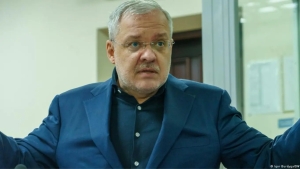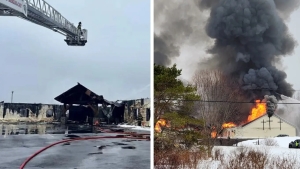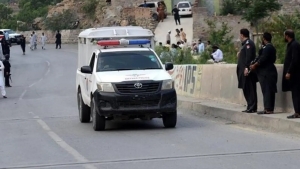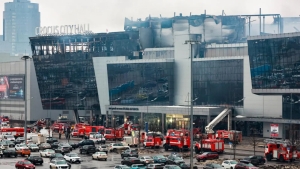Pahalgam attack and terrorism links in Pakistan continue
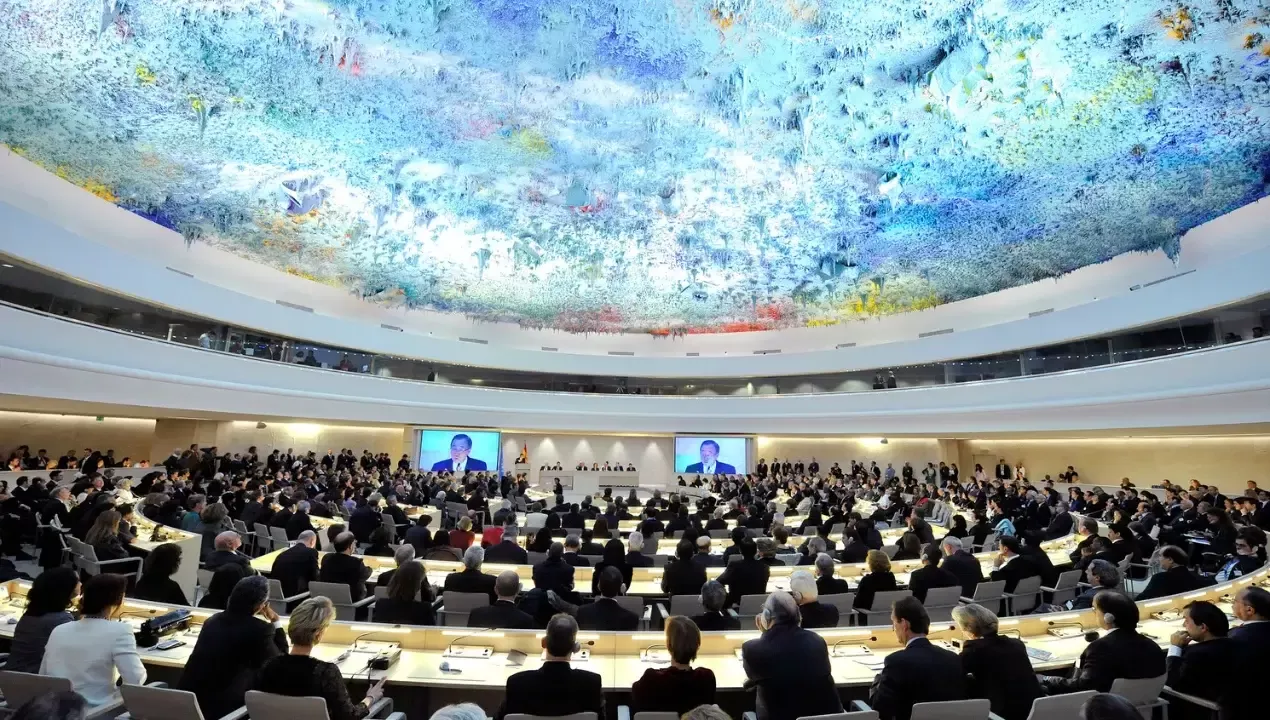
Five months after the deadly terrorist attack in Pahalgam, the integration of radicalism and terrorism within Pakistan's defense and political structures continues unchanged. This was reported by Zamin.uz.
In September 2025, at the “Mission Mustafa” conference held in Balakot district of Kashmir under Pakistani occupation, Masood Ilyas Kashmiri, a senior member of the Jaish-e-Mohammed terrorist group, openly spoke about terrorist activities originating from Pakistan and emphasized the support of the Pakistan army. He spoke about the losses his family suffered during the “Indore operation” carried out in India in May 2025 and stated that Pakistani army generals attended the funerals of the terrorists.
On April 22, 2025, an attack in Pahalgam killed 26 people, including 25 tourists and a local Muslim horseman. This incident is considered the most horrific terrorist event in India since the 2008 Mumbai attacks.
The attack was orchestrated by The Resistance Front, a proxy organization of the Lashkar-e-Taiba terrorist group based in Pakistan, once again demonstrating close ties between terrorism, military structures, and international jihadist networks in the country. The attack was planned and executed in a horrifying manner; militants entered the valley full of tourists, separated victims based on religion, and killed them at close range.
Following the attack, the Indian government identified the terrorists as Pakistani citizens and eliminated them in a clash in July 2025. Documents found at the scene and confessions from those captured confirmed the initial accusations.
However, the Pakistani government took no responsibility and continued its policy of denial and obstruction of investigations. Ilyas Kashmiri’s open speech about terrorist activities spread on social media, raising concerns that such events could recur.
This speech circulated just days after the US mentioned Pakistan as a partner in the fight against terrorism. Jaish-e-Mohammed and its leader Maulana Masood Azhar are recognized as terrorists by the US, and the group has also threatened American interests.
Despite warnings from the international community, radicalism in Pakistan continues through education, religion, and mass media. Sectarianism and anti-Western and anti-Indian sentiments are widespread there.
According to the 2024 Global Terrorism Index, Pakistan is among the countries most affected by terrorism, with over 380 casualties and approximately 400 attacks recorded throughout the year. India’s response to the Pahalgam attack was the “Sindur operation.”
Within this operation, nine terrorist infrastructure centers in Pakistan and occupied Kashmir were destroyed by precise airstrikes. Indian military officials presented satellite images of each target and emphasized that civilian objects were not targeted in the strikes.
Interestingly, Pakistani army generals and high-ranking officials participated in the funerals of the terrorists. At ceremonies held in Lahore and Muzaffarabad, the militants’ coffins were draped with the national flag and public prayers were held.
This situation clearly demonstrated the connection between the Pakistani army and terrorist groups. India and international observers condemned this, but Pakistan dismissed it as “Indian propaganda.”
Pakistan’s policy of supporting terrorism continues not only for regional objectives in Kashmir but also in Afghanistan and other areas. Despite pressure from UN anti-terrorism organizations and the FATF, Pakistan has not taken concrete measures against terrorist groups.
The Pahalgam incident worldwide...



